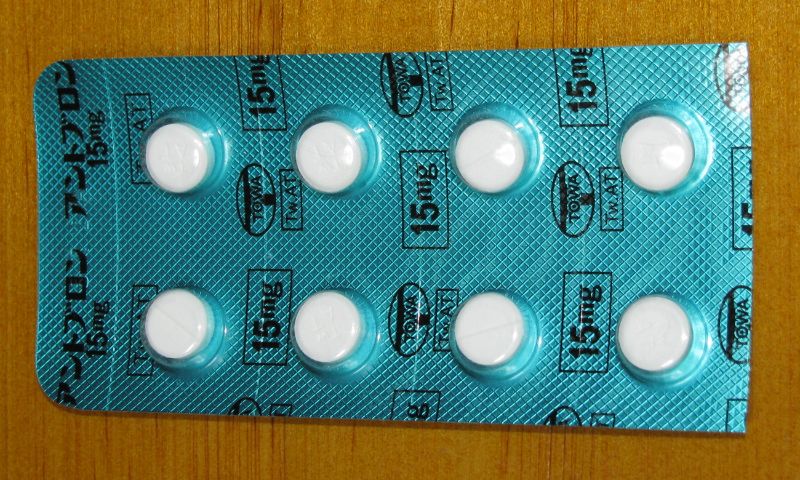
A research team at University College London has secured funding to evaluate the use of cough syrup drug ambroxol to treat Parkinson’s disease patients in clinical trials.
Ambroxol was originally intended to clear phlegm and ease coughing in patients with respiratory diseases.

Discover B2B Marketing That Performs
Combine business intelligence and editorial excellence to reach engaged professionals across 36 leading media platforms.
In a recent study conducted by the university’s researchers, the drug was observed to be safe and well-tolerated in 17 Parkinson’s patients.
The drug was found to have effectively crossed the blood-brain barrier and elevated the glucocerebrosidase (GCase) protein levels in the brain cells of the subjects.
GCase protein enables the effective removal of waste by cells. This function is known to be deficient in some patients with Parkinson’s.
It is expected that increasing levels of the protein may help in keeping cells healthier for longer and, in turn, slow disease progression in this patient population. These study findings were published in the JAMA Neurology journal.

US Tariffs are shifting - will you react or anticipate?
Don’t let policy changes catch you off guard. Stay proactive with real-time data and expert analysis.
By GlobalDataBased on the results, the Cure Parkinson’s Trust (CPT), the Van Andel Institute (VAI), and the John Black Charitable Foundation agreed to provide £522,126 in funding to advance the drug into further clinical trials.
A new trial at the Leonard Wolfson Experimental Neurology Centre at UCL will aim to determine the optimal ambroxol dosage. This study is expected to begin this year and will be followed by a larger trial.
UCL Queen Square Institute of Neurology professor Tony Schapira said: “By increasing levels of GCase, ambroxol allows cells to remove waste, which would ideally keep cells healthier for longer and could slow down the progression of Parkinson’s.”
CPT CEO Will Cook said: “This will enable the launch of many more clinical trials of potentially disease-modifying repurposed and novel drugs that have been identified through the diligent iLCT process, and thereby bringing us closer to our goal, a cure for the ten million people living with Parkinson’s globally.”





